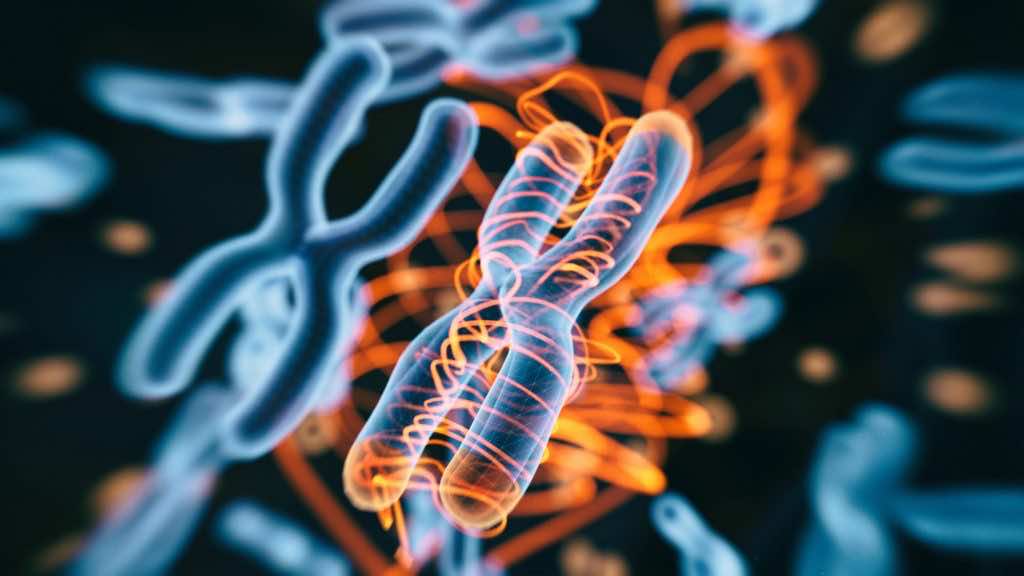The GSU research, published in Proceedings of the National Academy of Sciences (PNAS) is set out to find about the biology behind the social behaviour of mammals.
The scientists used Syrian hamsters and CRISPR-Cas9 which is an innovative technology that makes it possible to turn on or off genes in cells. The technology knocked out a receptor of vasopressin — a hormone associated with enhanced aggression.
The scientists expected that this will “dramatically” change the social behaviour of the Syrian hamsters, making them more peaceful. It changed their behaviour but not in the manner they were expecting.
“We were really surprised at the results,” said the study’s lead author, GSU professor H. Elliott Albers, in the university’s statement.
“We anticipated that if we eliminated vasopressin activity, we would reduce both aggression and social communication,” Albers continued. “But the opposite happened.”
The hamsters without the receptor displayed “high levels of aggression” towards hamsters of the same sex compared to their counterparts with the receptors intact, the study said.
“This suggests a startling conclusion,” Albers said, per the statement. “Even though we know that vasopressin increases social behaviours by acting within a number of brain regions, it is possible that the more global effects of the Avpr1a receptor are inhibitory.”
The “counterintuitive findings” depict that the scientists “don’t understand this system as well as we thought we did,” Albers said.
Developing gene-edited hamsters was “not easy,” Albers stated. He added that a better understanding of the role of vasopressin in social behaviour is most important to helping scientists identify new treatment strategies for psychiatric disorders in humans, ranging from autism to depression.

